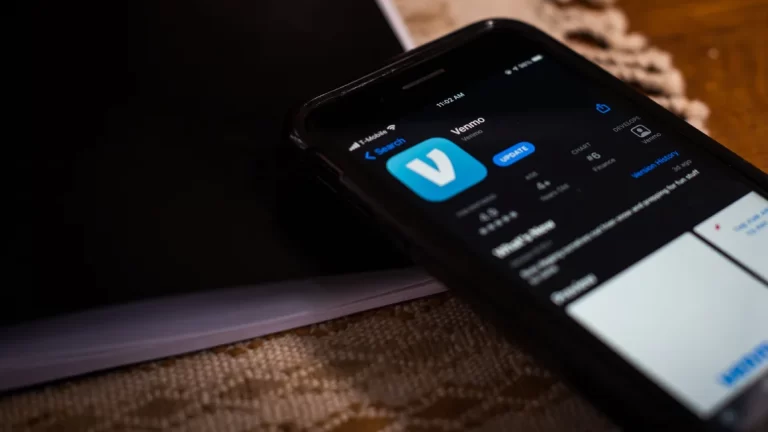Venmo, Cash App, PayPal, Zelle and other payment apps may be convenient ways to send cash with a few taps of your smartphone, but they’re a breeding grounds for theft, Manhattan District Attorney Alvin Bragg tells CNN.
Culprits range from savvy swindlers, who trick their way into victims’ locked cell phones, to violent offenders who either drug their targets and then take advantage or bark out commands while threatening physical harm, Bragg said in an interview.
The issue has gotten so out of hand in New York that Bragg has sent a letter to the popular apps demanding that they put in more security measures, including lower transfer limits, additional password security, additional wait times for large transactions and increased monitoring for unusual activity.
In the letter, Bragg cited a 2022 letter from Sen. Elizabeth Warren’s office that was sent to the banking industry where they said fraud claims had tripled between 2020 and 2022, costing consumers hundreds of millions of dollars. The investigation centered around Zelle and indicated not only was fraud rampant, but was getting worse. And banks have often been unwilling to make customers whole, even if they were victims of fraud.
As a solution, Bragg asked for more safety measures, such as lowering the limit of daily transfers, requiring wait times on larger transfers, and for a confirmation when suspicious transfers occur. Even something as small as canceling a transaction would help, Bragg said
“A failure to take proactive steps in the name of your consumers will lead to further illegal behavior and countless unsuspecting victims,” Bragg wrote in the letter.
Venmo, CashApp, PayPal and Zelle did not respond to requests for comment. Consumers should be protected by fraudulent electronic fund transfers, according to the Consumer Financial Protection Bureau.
But they often are not covered, Warren’s office found in its investigation, despite regulations that are designed to cover unauthorized access to customers’ accounts. The bank data reviewed by Warren’s office suggest the bulk of unauthorized cases are going unpaid.
Bragg says he’s seen so many instances of criminals using payment apps as a crime of opportunity. This past year, one man was arrested several times after targeting drunk victims in the early morning hours, either asking to borrow their phone or outright snatching it, prosecutors said.
In one instance in 2022, the alleged thief grabbed his victim’s phone and slashed them on the ear, shoulder and forearm with what appeared to be a knife when the victim tried to get it back, according to court records in Manhattan. When he was asked by a detective why he kept robbing people like this, he replied “because it’s easy,” records show.
In another instance, a team of thieves worked together to steal roughly $6,500 from as many as 50 Lyft drivers in 2020, court records show. The passenger would ask to put in a new address into the Lyft driver’s phone and once inside, they would transfer the in-app earnings to their own bank accounts using Cash App, the records show.
Last January, two men were charged after one held a gun to the victim’s chest and the other held a knife to the same victim’s throat, demanding their unlocked mobile device, court records show. Once in custody, investigators found that the pair has sent themselves $1,749 using Cash App, the records show.
These offenses aren’t just happening in New York. Other major cities are seeing this trend increase as well. In Los Angeles, a 23-year-old man pleaded guilty to charges stemming from a scheme where he met other men from a dating app and then used their phones to send himself money, federal prosecutors said.
In Boston, a man who thought he was meeting up for an online date was forced to unlock his phone at knifepoint when masked robbers ordered him to Vemno them $1,000, according to local prosecutors. Bragg said his team has been trying to get the word out in recent years and have heard from victims who never came forward during outreach campaigns about cash app thefts.
“It’s sobering and disconcerting,” Bragg said. “Preventing this is what we need to be focused on as well and that’s what this initiative is all about.”
— CutC by cnn.com


